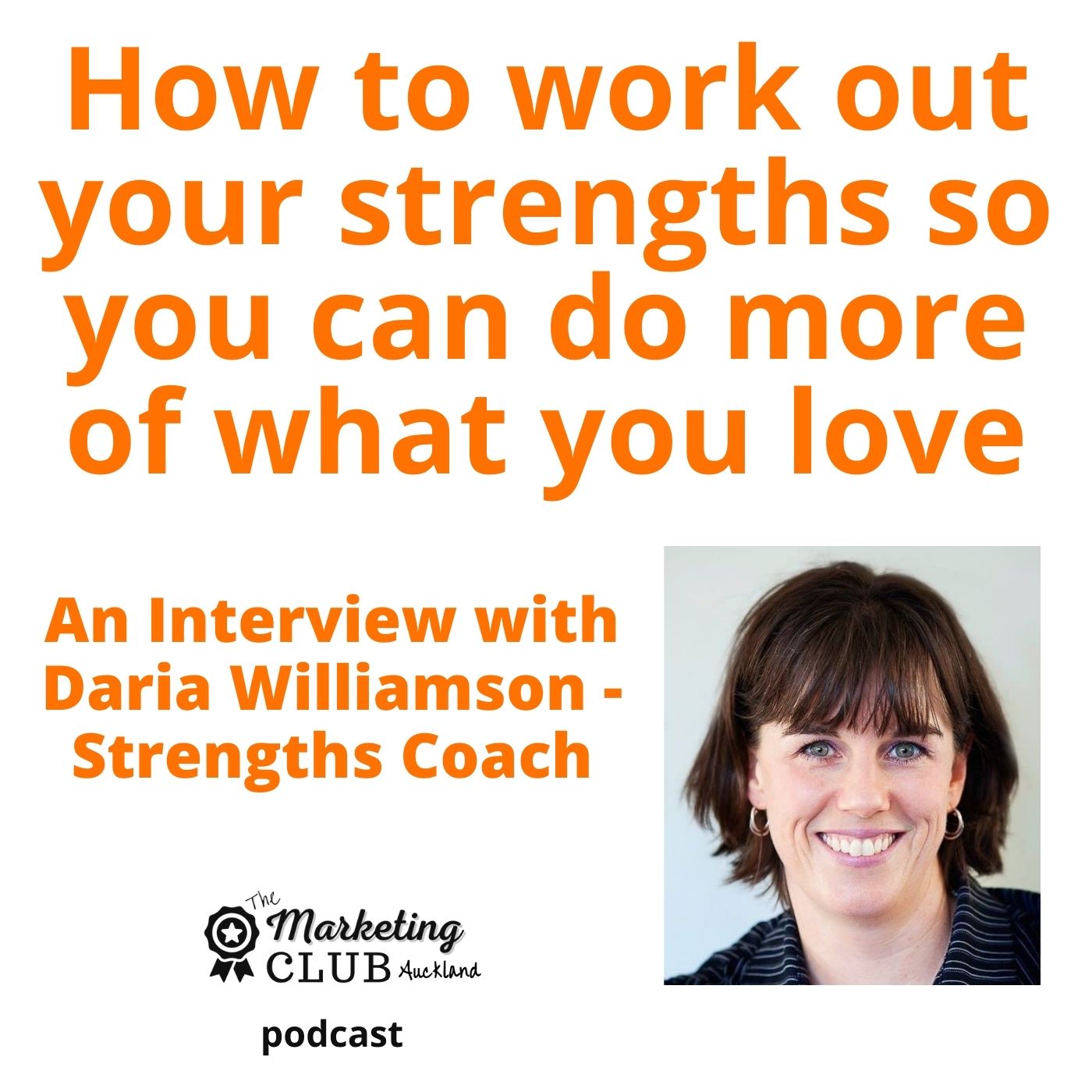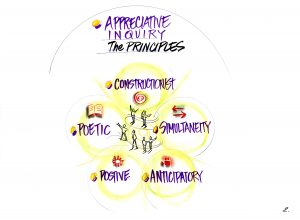The joys and perils of working from home
Reading Time: < 1 minute “Work from home”, they said. “So few distractions”, they said. “Lots of opportunities for focus and deep work”, they said. This happens multiple times a day. Molly likes, no, DEMANDS attention, and she’s very good at getting it! Lucky she’s so cute… https://youtube.com/embed/OrjdFLICTw4 Hat-tip to the fabulous AMANDA BILLING for the cosy and funky ‘Feminist […]
The joys and perils of working from home Read More »










